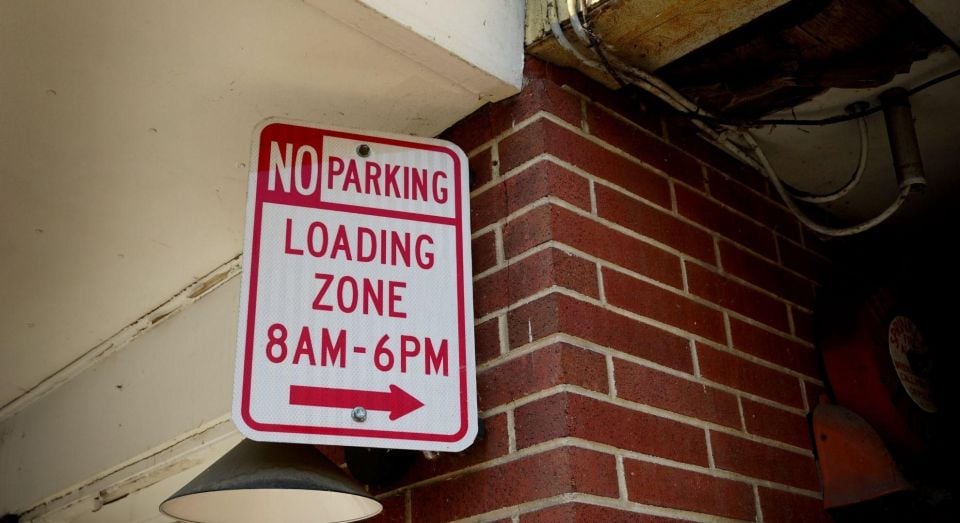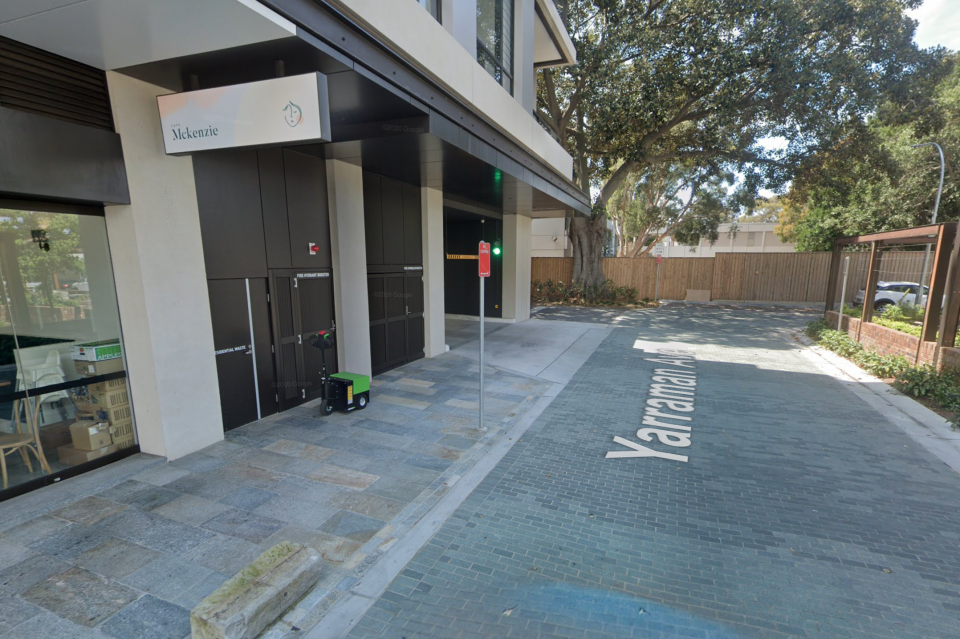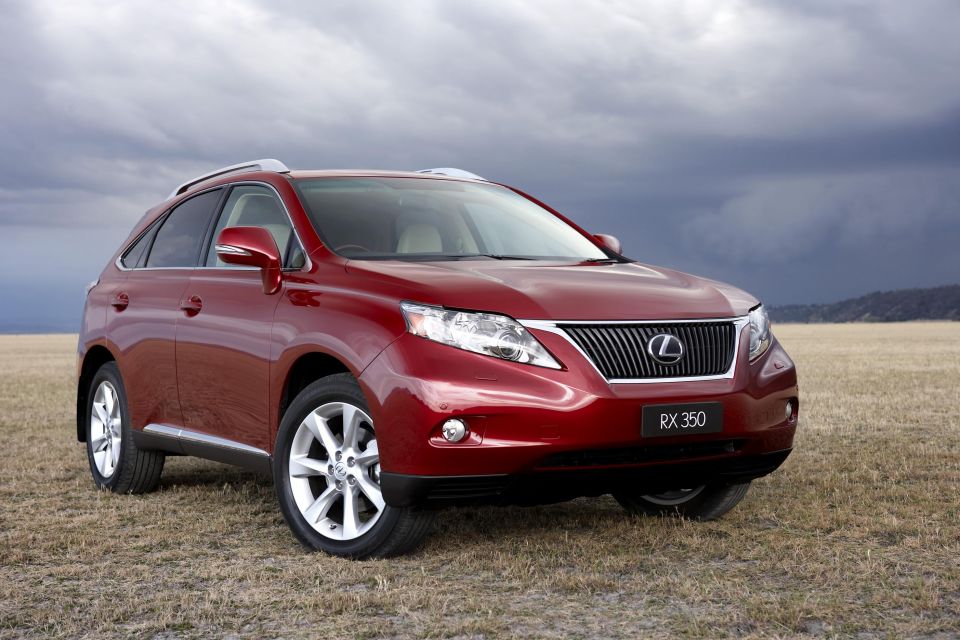

Derek Fung
First it was V8s, now Stellantis is bringing back diesel engines in Europe
4 Minutes Ago
A pregnant woman in NSW says she left her car for 10 minutes to deal with contractions, and five weeks later she received a fine in the mail.

News Editor


News Editor
A Sydney woman has been slugged with a $302 fine for briefly leaving her car to deal with painful labour contractions.
Abby Kernahan told The Daily Mail she was 39 weeks pregnant when she had to pull over her Lexus RX on December 20, 2023 after an onslaught of painful Braxton Hicks contractions, also known as false labour.
Suffering severe pain, she pulled over in a no stopping zone on a street near her apartment complex and turned on her hazard lights, exiting the vehicle for around 10 minutes until the pain subsided.
But five weeks later – around a month after she gave birth – the mother says she received a $302 fine in the mail for parking in a no stopping zone.

When she contacted Revenue NSW to explain why she pulled over, she was told she wasn’t experiencing a ‘medical emergency’ and that she still had to pay the fine.
“We considered the circumstances you presented. We also consulted the Caution/Review Guidelines, legislation and information provided by the issuing authority,” the letter from Revenue NSW advised.
“Our investigations conclude the fine still applies.
“We can only consider leniency for a fine based on a medical emergency if the driver or passenger is at risk of serious harm and required urgent medical attention.
“We acknowledge the difficult circumstances you were experiencing, however we are unable to offer leniency based on a medical emergency.”
The Daily Mail reports she subsequently received a phone call from Revenue NSW informing her the fine had been revoked.

Ms Kernahan told the publication the parking ranger should have come to check if there was a medical emergency, and claimed the ranger didn’t even get out of their vehicle.
“Because they don’t issue paper fines anymore, they can just take photos from their car. The photos they sent me were all taken from the same angle,” she told the publication.
According to Revenue NSW’s website, it may consider leniency for fines incurred in a no stopping zone for three reasons: if the driver’s vehicle was broken down or stolen, or if there was a medical emergency.
It says for an event to be considered a medical emergency, “there must be an immediate threat to someone in the vehicle that requires urgent medical intervention”.
To contest a fine, the driver must supply an ambulance record, hospital admission forms, or “other reasonable evidence that demonstrates how the medical emergency contributed to the offence”.
William Stopford is an automotive journalist with a passion for mainstream cars, automotive history and overseas auto markets.


Derek Fung
4 Minutes Ago


Max Davies
7 Hours Ago


Max Davies
7 Hours Ago


William Stopford
12 Hours Ago


William Stopford
14 Hours Ago


William Stopford
14 Hours Ago
Add CarExpert as a Preferred Source on Google so your search results prioritise writing by actual experts, not AI.